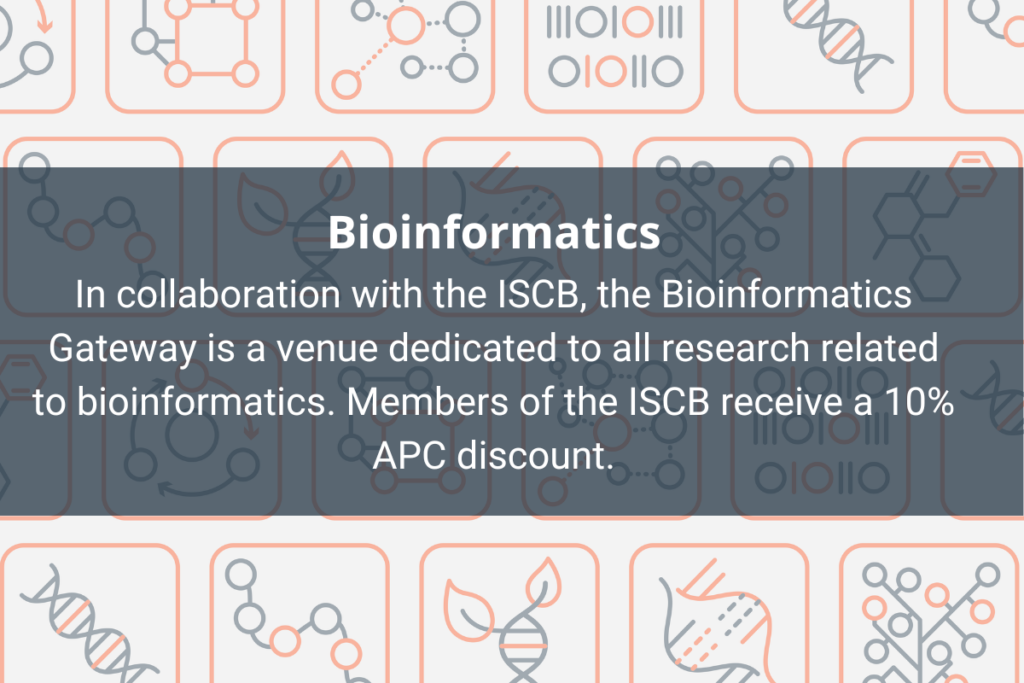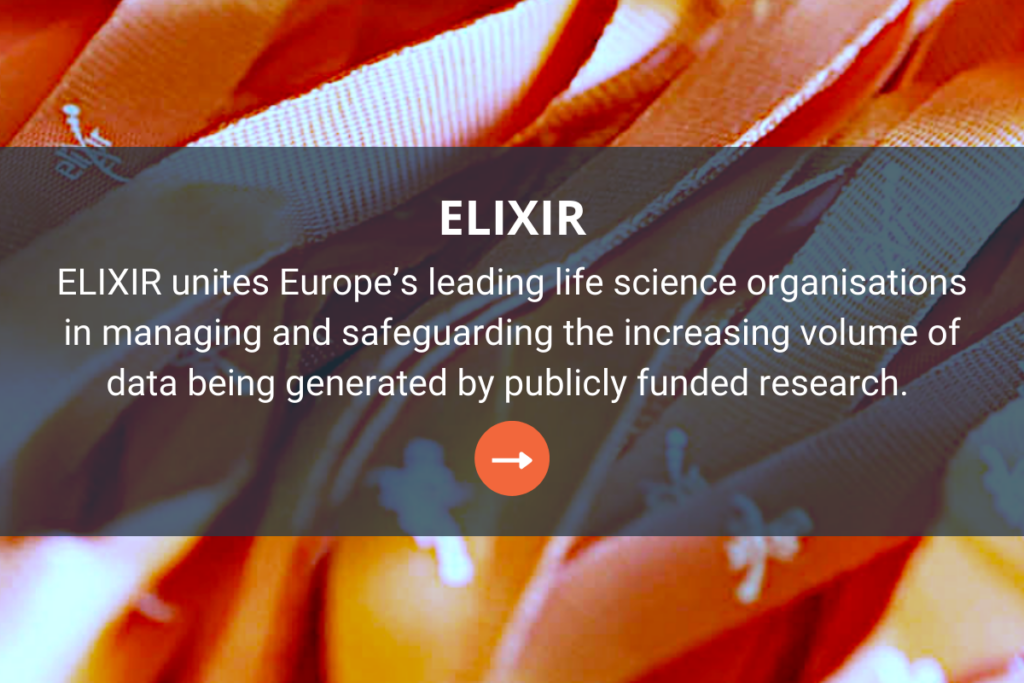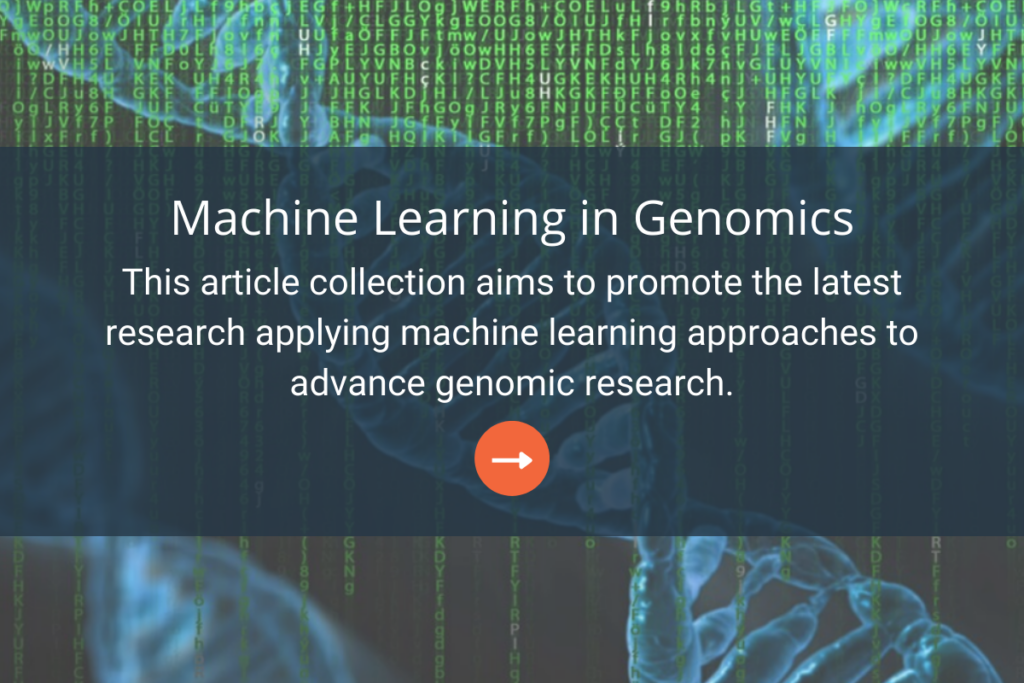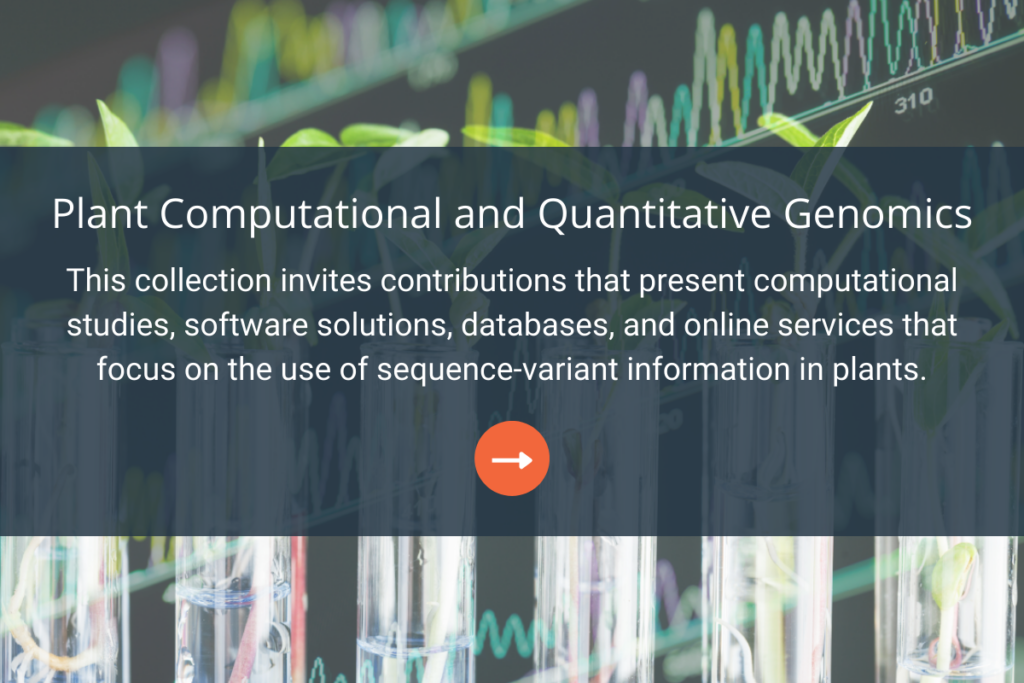
Making the most of your research
Bioinformatics plays an important part in the development of emerging technologies within biology. Ensuring research outputs and data in this area are open access, rapidly available and reproducible is critical to giving us the best chance to meet these challenges, and to ensuring a more equitable and sustainable future for all.
The wide scope of F1000Research means all original research is welcome, with a range of article types including Software Tool Articles, Data Notes, Method Articles available to authors to maximize reach and impact within subject communities. Our open peer-review model facilitates an open dialogue between authors and reviewers, publishing comments and feedback alongside the published article. We advocate for transparency and reproducibility in research, opening potential for collaborative research, and reach beyond academia.
We will be attending the ISMB/ECCB 2023 conference between 23rd-27th July in Lyon. If you are interested in discussing the Bioinformatics Gateway and F1000Research in more detail, please email tom.sinden@f1000.com to schedule a meeting.
Explore some of our thematic Gateways and Collections
Featured Bioinformatics Articles
Software Tool Article: CRUMB: a shiny-based app to analyze rhythmic feeding in Drosophila using the FLIC system [version 2; peer review: 2 approved]
Sergio Hidalgo and Joanna C Chiu
Read the article
Research Article: Assessing structure and disorder prediction tools for de novo emerged proteins in the age of machine learning [version 1; peer review: 2 approved]
Aubel M, Eicholt L and Bornberg-Bauer E.
Read the article
Opinion Article: Recommendations for the formatting of Variant Call Format (VCF) files to make plant genotyping data FAIR [version 2; peer review: 2 approved]
Beier S, Fiebig A, Pommier C et al.
Read the article
Method Article: Hobotnica: exploring molecular signature quality [version 2; peer review: 2 approved]
Stupnikov A, Sizykh A, Budkina A et al
Read the article








